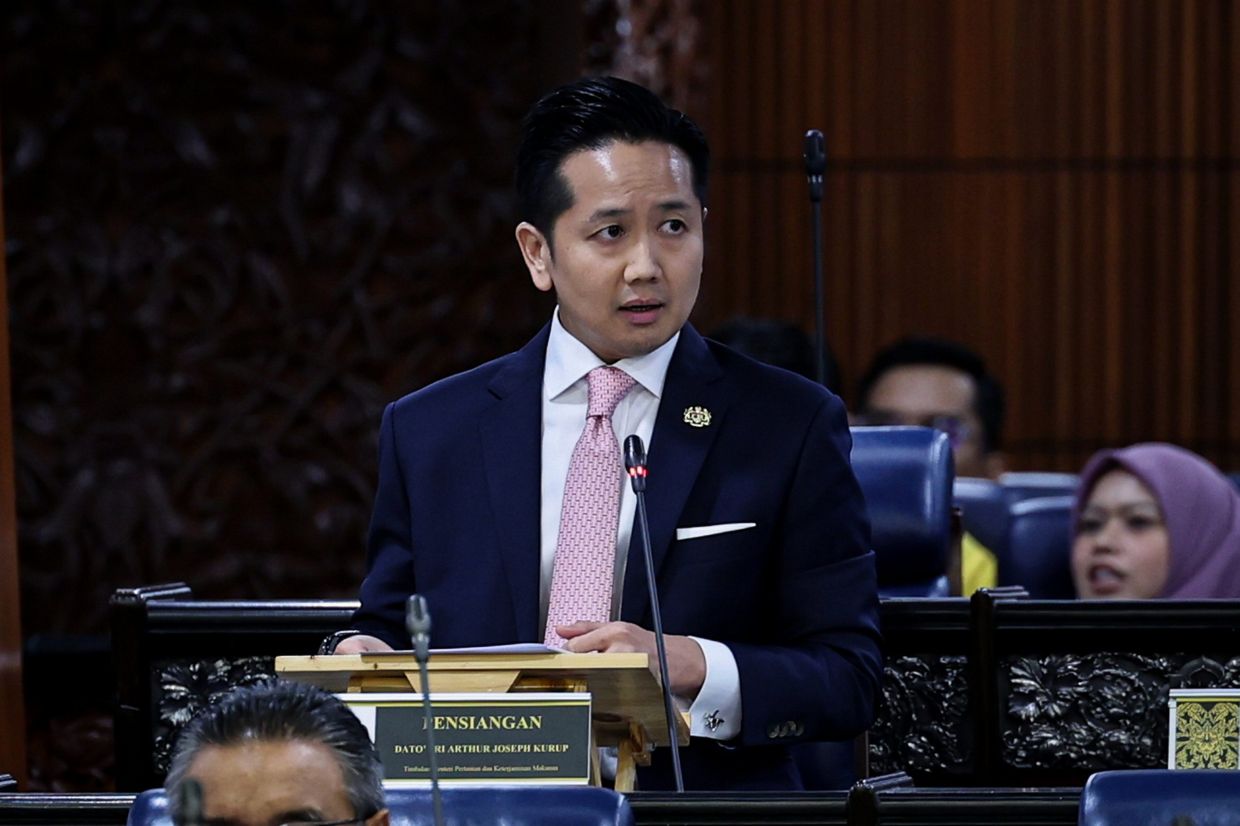KUALA LUMPUR: The Federal Government needs strategic cooperation with state governments to develop large scale grain corn cultivation, says Deputy Agriculture and Food Security Minister Datuk Seri Arthur Joseph Kurup.
He said that this is because land matters fall under the jurisdiction of the state governments, adding that the Federal Government can assist through research and development, permits and technical expertise.
“To address this issue, we need strategic cooperation and an integrated approach,” he said on Wednesday (Oct 15).
“But since most land is under the states, we need close collaboration with them,” he added.
He said this during the Dewan Rakyat sitting.
Arthur said 15,375 hectares of potential land had been identified through engagements with 10 states.
The states are Perlis, Kedah, Perak, Selangor, Negri Sembilan, Melaka, Kelantan, Terengganu, Sabah and Sarawak.
He said collaboration with government-linked companies and government-linked investment companies had been initiated, citing FGV Holdings Bhd and Genting Plantations Bhd signing a memorandum of understanding last year to implement large scale projects.
“The ministry is also working with private companies to develop this sector further,” he said.
“Through an integrated approach, we can collectively tackle the challenges faced by the country,” he added.
Arthur said Malaysia still depends heavily on imported animal feed, particularly grain corn.
He said local production cannot yet compete with major global exporters.
“This is mainly because those countries have achieved economies of scale and better weather and soil,” he said.
He said Mardi is conducting studies to develop seed varieties suitable for Malaysia’s climate and soils.
Arthur said the ministry’s focus is to strengthen R&D, create trial plots and develop a long-term plan.
He said the goal is to reduce dependency on imports and enhance national food security.
“It may be a tall order to replace imports entirely, but the goal is to reduce dependency to show that our R&D is effective and contributes to food security,” he added.
He said livestock feed costs make up about 70% of total production expenses in the livestock industry.
Arthur said this underscores the need for sustainable and resilient feed sources.
In 2024, Malaysia’s total animal feed import value was RM8.33bil, while exports were RM3.28bil.
Key imported feed materials included corn, soybean meal and wheat bran.
Arthur said several strategic programmes have been rolled out to reduce reliance on imports.
He cited agencies such as the Department of Veterinary Services, the Department of Agriculture and the Farmers Organisation Authority.
Programmes include the Ruminant Feed Assistance Incentive Programme and the Ruminant Birth Rate Improvement Incentive Programme.
They include local grass cultivation projects covering 979 hectares with 345 participants to encourage quality feed production.
He said DVS has introduced high nutrition silage from oil palm fronds and pineapple leaves and added that a new 15-year grain corn development strategy for 2026 to 2040 is being formulated.
“These efforts are not only to reduce dependence on imports but to drive a more sustainable and competitive livestock industry based on local resources,” he said.






